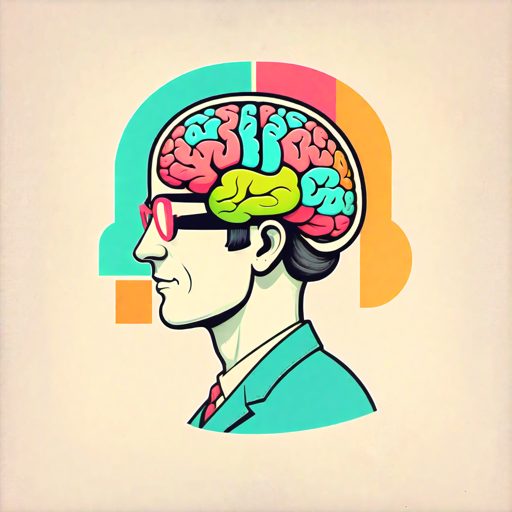
Discover How Human Brain Learns Reading
Recommended for Neuroscience
Similar Stories
- Places to Visit in Kolkata? This Book Lover’s Paradise Awaits!
- Reviving Reading: Children’s Battle in Digital
Curious Times is a leading newspaper and website for kids. We publish daily global news aligned to your learning levels (also as per NEP 2020): Foundational, Preparatory (Primary), Middle and Senior. So, check out the News tab for this. We bring kids’ favourite Curious Times Weekly newspaper every weekend with top news, feature stories and kids’ contributions.
Thus, do not wait any further, sign-up for your school for FREE.
The following social media platforms allow you to communicate with us: Instagram.
0 (Please login to give a Curious Clap to your friend.)
